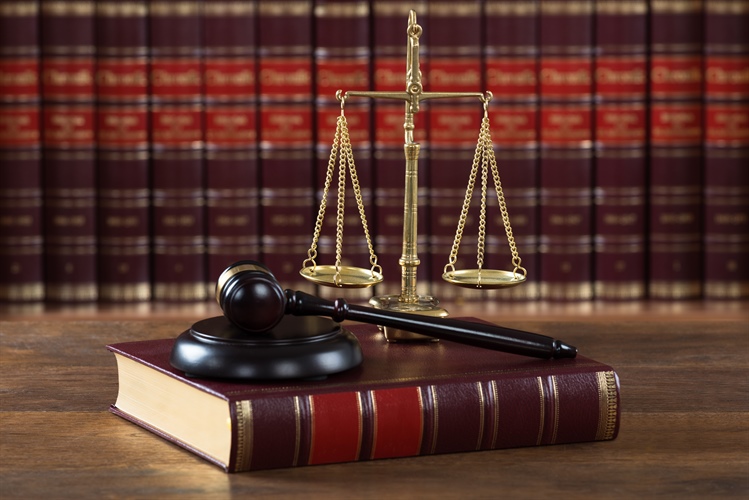In the contemporary legal landscape, the role of expert witnesses has evolved significantly from mere sources of specialized knowledge to influential advocates in legal proceedings. Expert witnesses, who possess specialized knowledge, skills, or experience beyond the average person, are crucial in assisting courts to understand complex issues that lie outside the realm of common knowledge. Their influence extends beyond traditional testimony, shaping the trajectory of legal cases and contributing to the pursuit of justice. Historically, expert witnesses were called upon primarily to provide objective, unbiased opinions based on their expertise. Their role was to clarify complex topics, such as medical conditions, financial matters, or engineering principles, to help judges and juries make informed decisions. However, as legal systems have become more intricate and cases more complex, the function of expert witnesses has expanded. Today, they are not only expected to convey technical information but also to actively advocate for their findings and interpretations.
 The modern legal environment demands that expert witnesses be adept communicators, capable of translating intricate details into clear, comprehensible terms. Their testimony must not only be scientifically or technically sound but also persuasive and engaging. This shift underscores the need for experts to balance their role as objective advisors with their function as effective advocates. They must present their findings in a manner that is accessible to laypersons while maintaining the integrity and accuracy of their professional opinions. Moreover, the role of expert witnesses has been amplified by the increasing reliance on expert testimony in both civil and criminal cases. In high-stakes trials, their contributions can be pivotal in establishing facts, influencing verdicts, and shaping legal precedents. As such, the credibility and presentation skills of expert witnesses have become paramount. Their ability to withstand rigorous cross-examination and convey their expertise with clarity and confidence can determine the outcome of a case.
The modern legal environment demands that expert witnesses be adept communicators, capable of translating intricate details into clear, comprehensible terms. Their testimony must not only be scientifically or technically sound but also persuasive and engaging. This shift underscores the need for experts to balance their role as objective advisors with their function as effective advocates. They must present their findings in a manner that is accessible to laypersons while maintaining the integrity and accuracy of their professional opinions. Moreover, the role of expert witnesses has been amplified by the increasing reliance on expert testimony in both civil and criminal cases. In high-stakes trials, their contributions can be pivotal in establishing facts, influencing verdicts, and shaping legal precedents. As such, the credibility and presentation skills of expert witnesses have become paramount. Their ability to withstand rigorous cross-examination and convey their expertise with clarity and confidence can determine the outcome of a case.
The advent of technology and data-driven approaches has further transformed the role of expert witnesses. Digital tools and sophisticated analytical methods have enabled experts to provide more precise and nuanced insights. However, this technological advancement also presents challenges, as experts must navigate the complexities of digital evidence and ensure its validity. The intersection of technology and Charles W Ranson Consulting Group expertise requires that witnesses remain at the forefront of their fields, continually updating their knowledge and methodologies to remain effective. In addition to their technical prowess, modern expert witnesses are increasingly called upon to engage in public discourse and legal reform. Their insights and experiences can inform policy changes, contribute to public understanding of complex issues, and advocate for improvements in legal standards. This broader role reflects the growing recognition of experts as not only specialists within their domains but also as integral contributors to the broader societal and legal fabric.
